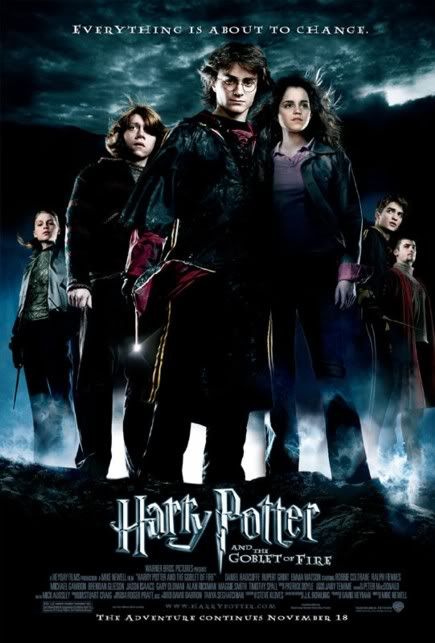The Underground History of American Education - Discussion #1

So I just finished the prologue and first two chapters of Gatto's book, The Underground History of American Education, and it's been quite a ride. I honestly didn't expect this much jam-packed into one book. But it's good information, with well-told stories. And the book is also challenging you to really wonder about how education ought to be--occasionally I'm having flashbacks to Plato's Republic (a famous philosophical work that also deals with the question of education).
Anyways, I'll try to get this discussion going by sharing some of the important things that stood out to me early on...
First of all, since chapters 1 and 2 are primarily historical analyses--though there are plenty of juicy tidbits, quotes, and ideas contained in them--I'm going to limit this discussion "starter" to the prologue. I do this particularly because I think it provides some good general information that should actually lead into chapters 1 and 2 during our discussion here, and also because I'm going to be making a long enough blog post as it is!
That being said, before getting into Gatto's criticisms and history of education, I think it's important to point out his assessment of the present situation in schools:
It’s not so much that anyone there sets out to hurt children; more that all of us associated with the institution are stuck like flies in the same great web your kids are. We buzz frantically to cover our own panic but have little power to help smaller flies.Yes, he sees problems in the system, but he's clearly not necessarily pointing fingers at individual people. I thought that worth pointing out. On a related note, I appreciated his honesty and humility in admitting this work to be just what he's personally come to uncover in research, basically implying that it is up to us (and the scholars) to test its veracity:
By now I’ve invested the better part of a decade looking for answers. If you want a conventional history of schooling, or education as it is carelessly called, you’d better stop reading now. Although years of research in the most arcane sources are reflected here, throughout it’s mainly intuition that drives my synthesis.Whether his ideas will survive passing through the fire, we must wait to see. I for one am looking forward to the test though.
[By the way, before moving on, since he mentions it in passing here, and we'll probably be getting into it soon enough, did everyone catch his distinction between "education" and "schooling" in history?]
Now, I'm honestly not too sure how to faciliate or get one of these discussions going, so I'll simply end with two prologue excerpts (the first a bit lengthy, the second very short) that each delve into a lot of what the first two chapters covered:
Somehow out of the industrial confusion which followed the Civil War, powerful men and dreamers became certain what kind of social order America needed, one very like the British system we had escaped a hundred years earlier. This realization didn’t arise as a product of public debate as it should have in a democracy, but as a distillation of private discussion. Their ideas contradicted the original American charter but that didn’t disturb them. They had a stupendous goal in mind. The end of unpredictable history; its transformation into dependable order.And a great one to finish this start to discussion:
From mid-century onwards certain utopian schemes to retard maturity in the interests of a greater good were put into play, following roughly the blueprint Rousseau laid down in the book Emile. At least rhetorically. The first goal, to be reached in stages, was an orderly, scientifically managed society, one in which the best people would make the decisions, unhampered by democratic tradition. After that, human breeding, the evolutionary destiny of the species, would be in reach. Universal institutionalized formal forced schooling was the prescription, extending the dependency of the young well into what had traditionally been early adult life. Individuals would be prevented from taking up important work until a relatively advanced age. Maturity was to be retarded.
During the post-Civil War period, childhood was extended about four years. Later, a special label was created to describe very old children. It was called adolescence, a phenomenon hitherto unknown to the human race...
The shocking possibility that dumb people don’t exist in sufficient numbers to warrant the careers devoted to tending to them will seem incredible to you. Yet that is my proposition: Mass dumbness first had to be imagined; it isn’t real.




